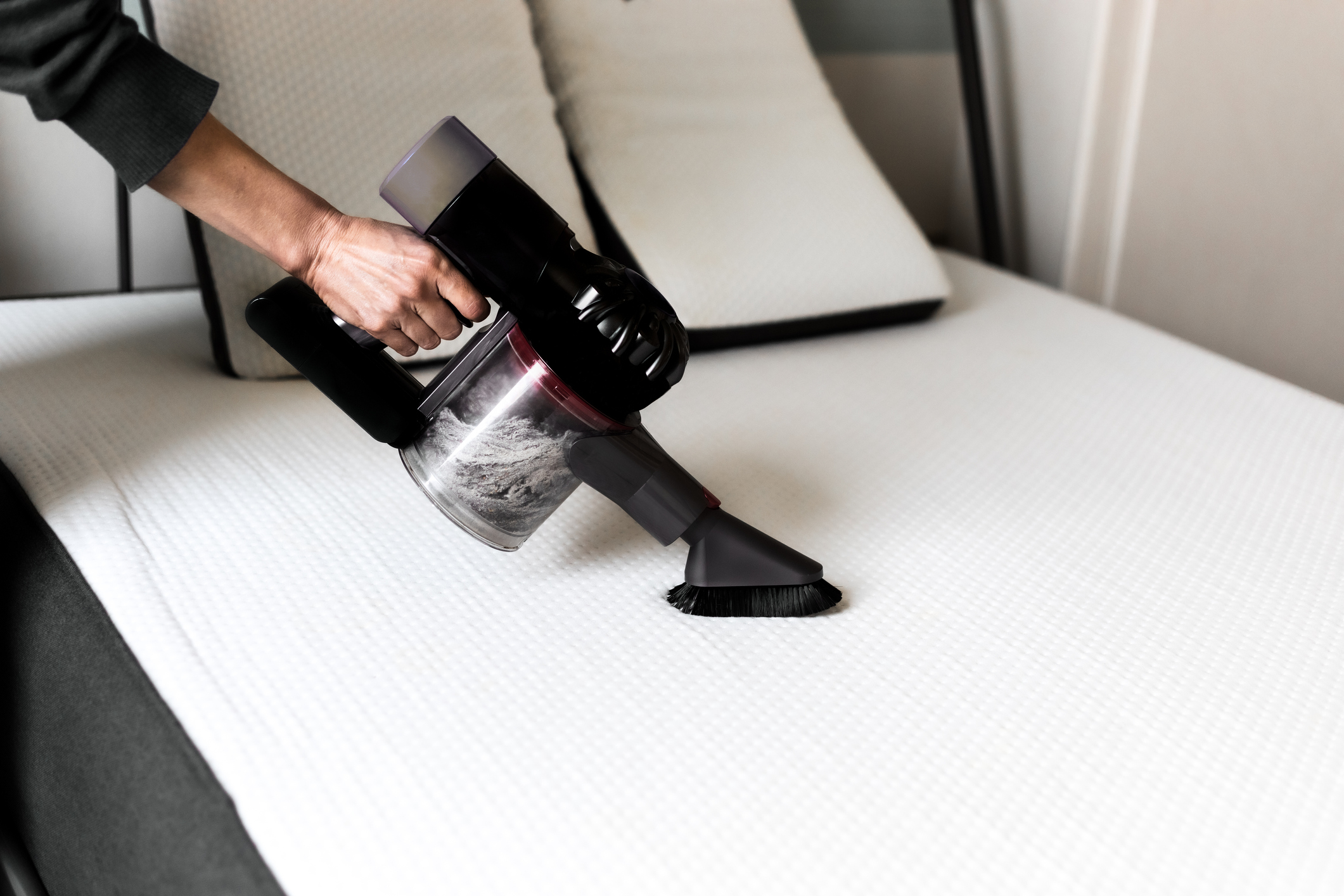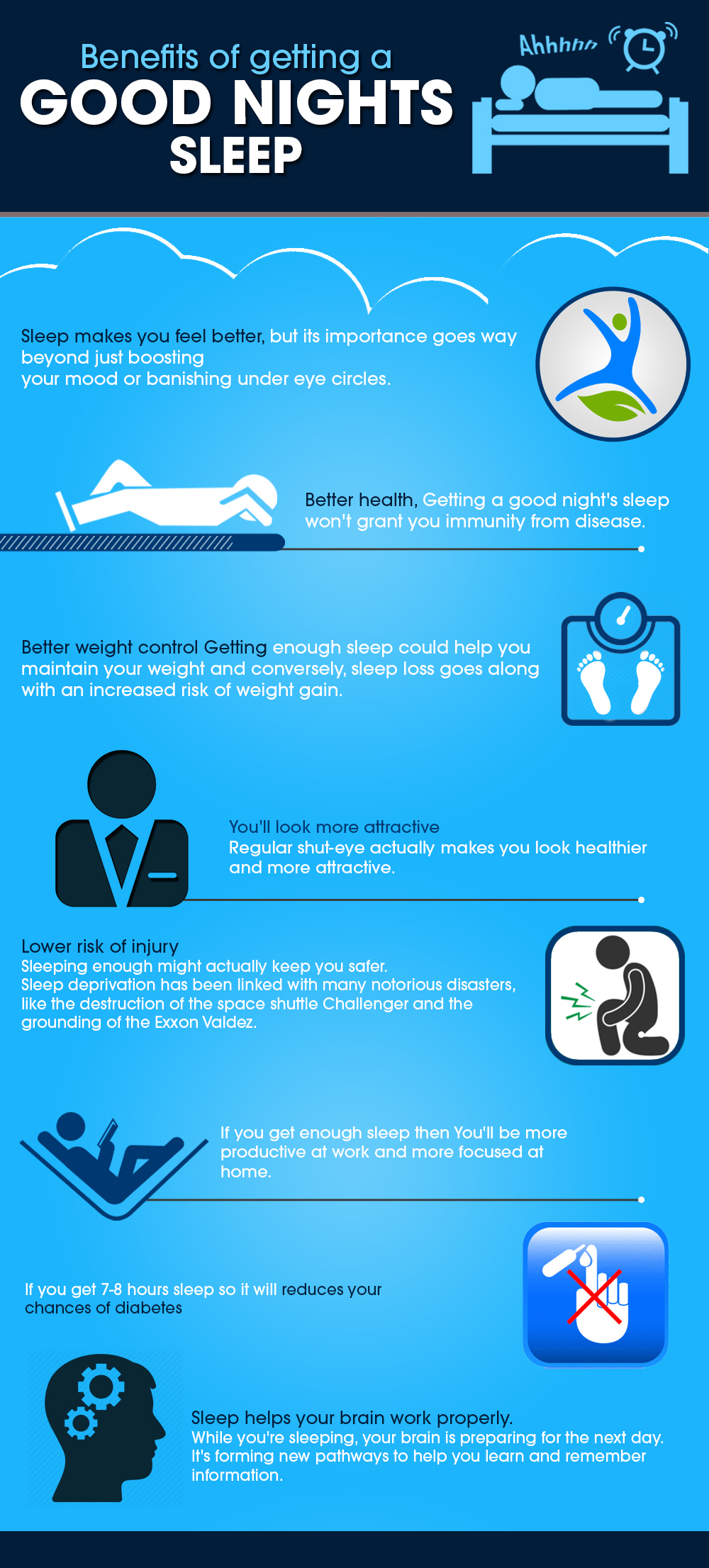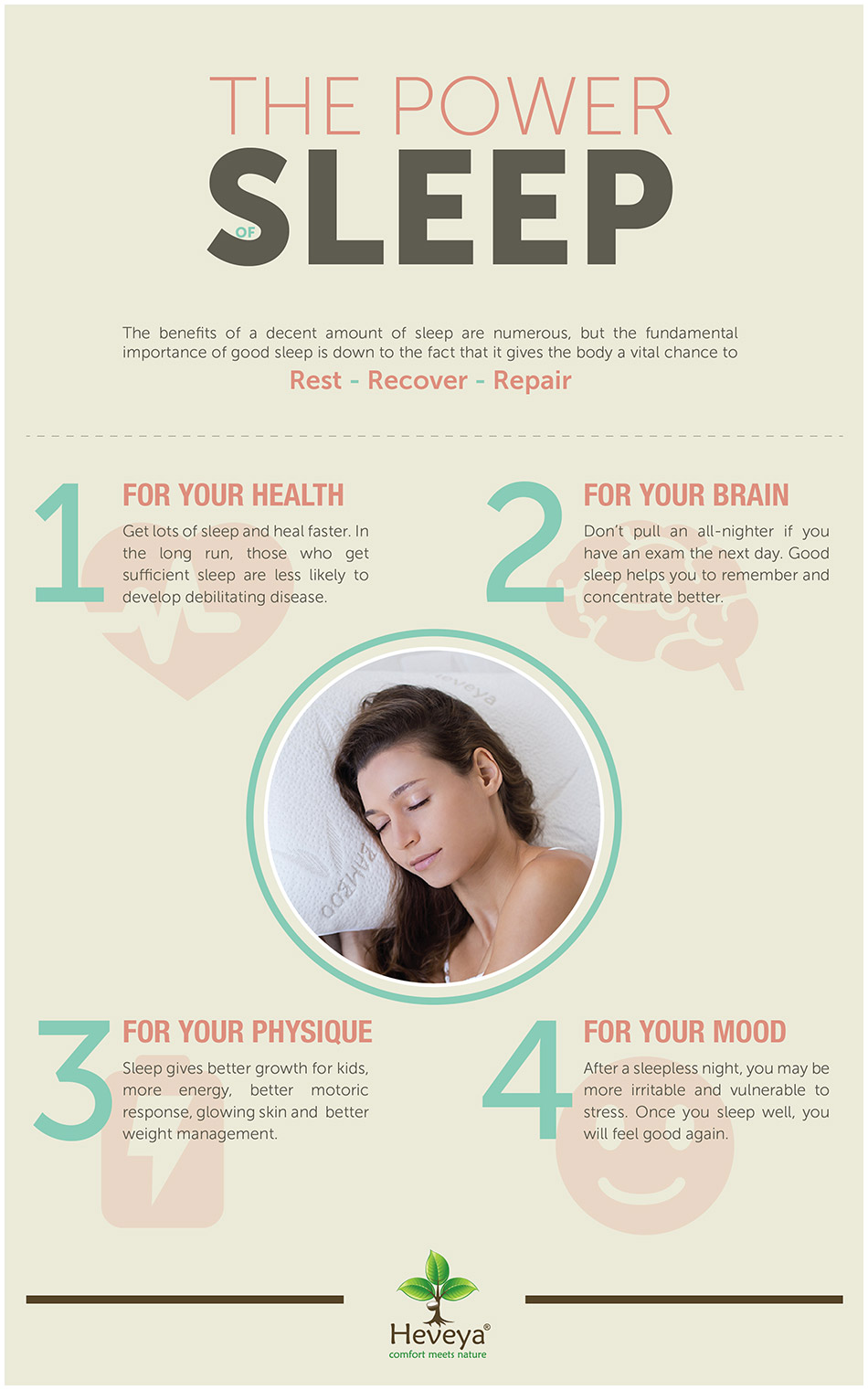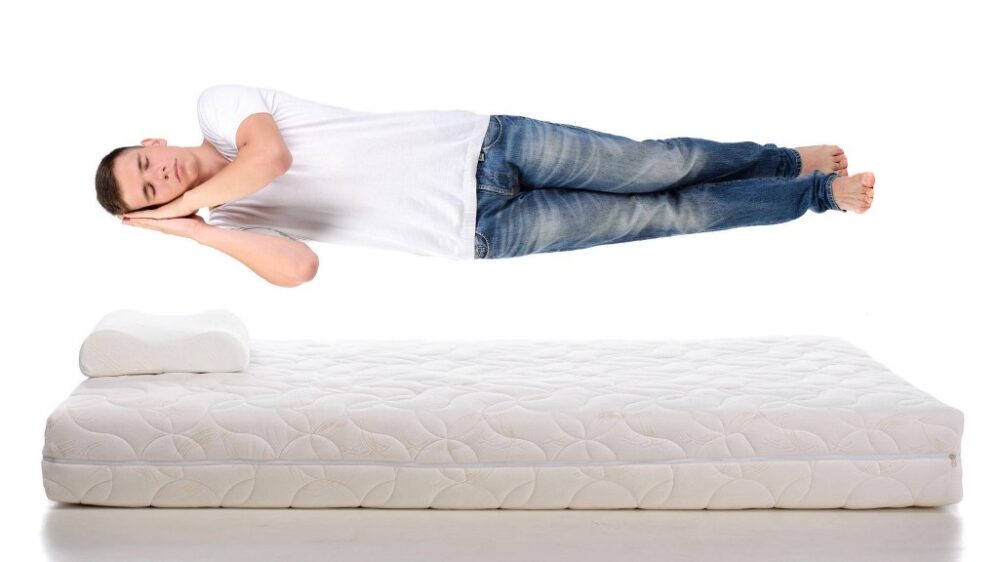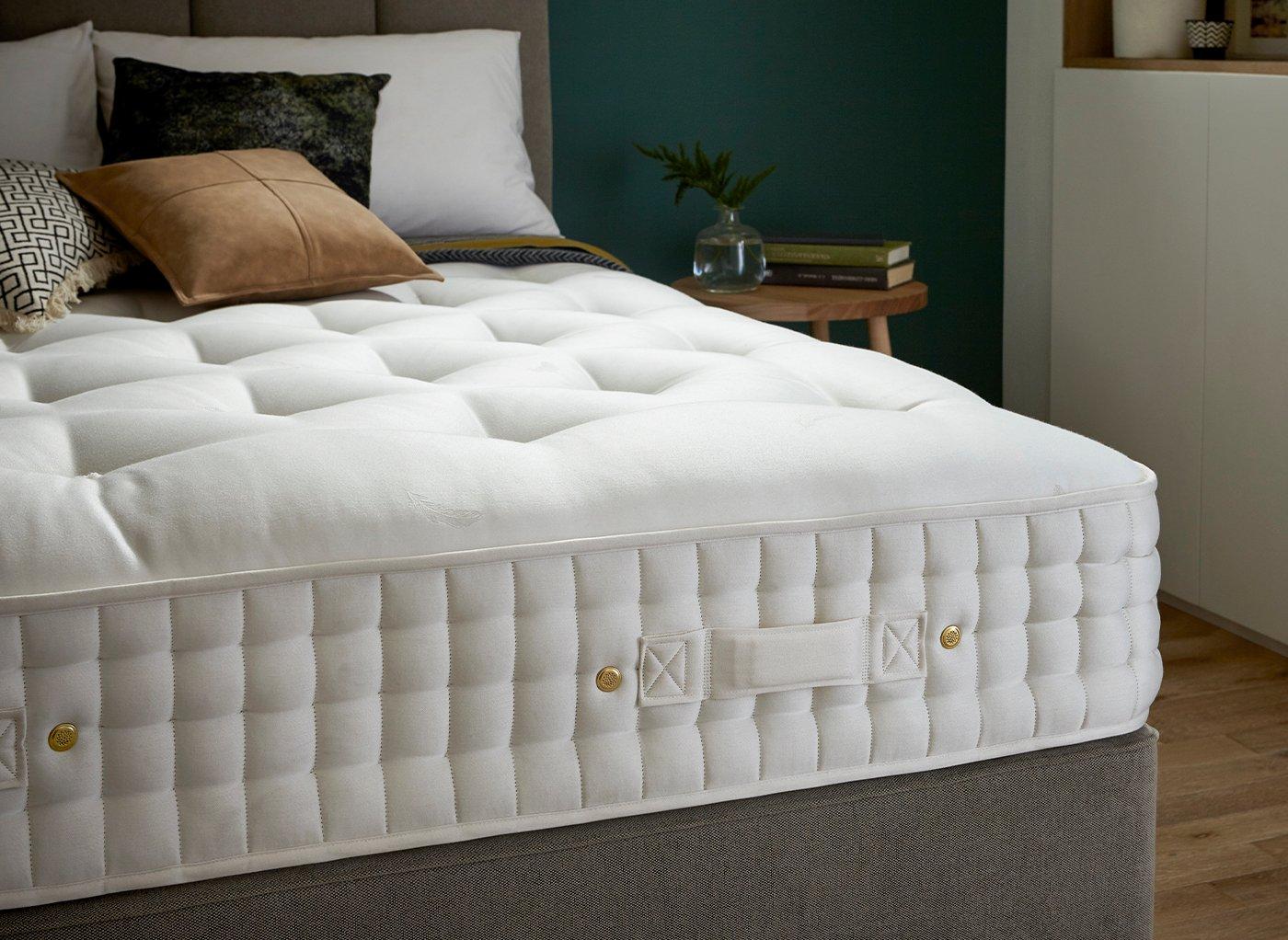Getting a good night's sleep is crucial for our overall health and well-being. However, many of us struggle with getting quality sleep, and one of the main culprits could be our mattress. Sleeping on a bad mattress can negatively impact our sleep quality and leave us feeling tired and unrested in the morning. When we think of a bad mattress, we often imagine a lumpy, sagging, or uncomfortable bed. But there are other factors that contribute to a bad mattress and its effect on our sleep. These include the age of the mattress, the type of materials used, and our own individual sleep preferences. If you find yourself tossing and turning at night and waking up with aches and pains, it may be time to reevaluate your mattress and invest in a better one for improved sleep quality.1. How a Bad Mattress Can Affect Your Sleep Quality
Studies have shown that sleeping on a bad mattress can lead to poor sleep quality and disrupt our sleep patterns. This is because an uncomfortable mattress can cause discomfort and pain, making it difficult to fall asleep or stay asleep throughout the night. When we don't get enough uninterrupted sleep, we miss out on the restorative benefits of deep sleep and REM sleep, which are crucial for our physical and mental well-being. This can lead to daytime fatigue, irritability, and difficulty concentrating. Moreover, a bad mattress can also contribute to sleep disorders such as sleep apnea, where the airway becomes partially or completely blocked during sleep, causing interruptions in breathing and disrupting sleep.2. The Link Between Poor Sleep and a Bad Mattress
So how do you know when it's time to replace your mattress? Here are some tell-tale signs that your mattress is affecting your sleep quality: • Waking up with aches and pains: If you wake up with back, neck, or shoulder pain, it could be a sign that your mattress is not providing enough support or is causing pressure points. • Sinking or sagging spots: Over time, mattresses can lose their shape and develop indentations where we sleep. This can cause discomfort and affect the overall support of the mattress. • Restless sleep: If you find yourself constantly shifting positions and struggling to get comfortable on your mattress, it may be a sign that it's time for a new one. • Allergies or asthma symptoms: An old mattress can harbor dust, dust mites, and other allergens, leading to respiratory issues and disrupting sleep. If you experience any of these signs, it's time to start looking for a new mattress that will provide better support and comfort for a good night's sleep.3. Signs You Need to Replace Your Mattress for Better Sleep
Our sleep quality plays a significant role in our overall health and well-being. Therefore, sleeping on a bad mattress can have more far-reaching effects than just feeling tired and cranky in the morning. Chronic poor sleep can lead to a weakened immune system, making us more susceptible to illnesses and infections. It can also contribute to weight gain, as lack of sleep can affect our hormones and increase cravings for unhealthy foods. Additionally, sleeping on a bad mattress can exacerbate pre-existing health conditions such as arthritis, fibromyalgia, and chronic pain. This is because a bad mattress can cause pressure points and strain on the body, making these conditions more difficult to manage.4. The Impact of a Poor Mattress on Your Overall Health
With so many options available, choosing the right mattress can feel overwhelming. However, it's essential to consider your individual sleep needs and preferences to find the best mattress for you. Some factors to consider when shopping for a new mattress include the level of firmness, type of materials, and any specific features such as cooling technology or motion isolation. It's also important to test out the mattress in-store and take advantage of trial periods or return policies to ensure you're making the right choice for your sleep quality.5. Choosing the Right Mattress to Avoid Poor Sleep
As mentioned earlier, sleeping on a bad mattress can contribute to chronic pain and make existing conditions worse. This is because an uncomfortable mattress can put unnecessary strain on our bodies, causing muscle tension and joint pain. For those who suffer from chronic pain, investing in a high-quality, supportive mattress can make a significant difference in managing their symptoms and getting better sleep. Look for mattresses specifically designed for pain relief, such as memory foam or hybrid mattresses.6. The Connection Between a Bad Mattress and Chronic Pain
Replacing your bad mattress with a good one can have a significant impact on your sleep quality. Not only will you wake up feeling more rested and rejuvenated, but you may also experience a host of other benefits, such as improved mood, increased productivity, and better overall health. If you're struggling with poor sleep, consider investing in a new mattress that provides the right level of support and comfort for your body. With the right mattress, you can improve your sleep and enjoy all the benefits that come with it.7. How to Improve Your Sleep with a New Mattress
Aside from affecting our sleep quality, sleeping on a bad mattress can also pose some potential risks to our health and safety. An old, worn-out mattress can become a breeding ground for bacteria, mold, and dust mites, which can trigger allergies and respiratory issues. Moreover, a sagging or lumpy mattress can also increase the risk of falls, especially for older adults or those with mobility issues. It's essential to regularly check your mattress and replace it when necessary to avoid these potential dangers.8. The Dangers of Sleeping on a Poor Quality Mattress
When it comes to finding the right mattress, there is no one-size-fits-all solution. However, here are some tips to help you find the best mattress for your individual sleep needs: • Research different types of mattresses: From memory foam to innerspring to hybrid, there are many types of mattresses available. Research the pros and cons of each to determine which one may be the best fit for you. • Consider your sleeping position: Your preferred sleeping position can play a role in the type of mattress that will provide the best support and comfort. For example, side sleepers may benefit from a softer mattress, while back sleepers may need a firmer one. • Take advantage of trial periods: Many mattress retailers offer trial periods or return policies, allowing you to test out the mattress in the comfort of your own home before committing to a purchase. • Set a budget: Mattresses can range in price from a few hundred dollars to several thousand. Determine your budget beforehand to narrow down your options and avoid overspending.9. Tips for Finding the Best Mattress for Your Sleep Needs
We spend about a third of our lives sleeping, making our mattress one of the most important investments we can make for our health and well-being. A good mattress can provide us with the comfort and support we need for quality sleep, helping us wake up feeling refreshed and ready to take on the day. Don't underestimate the impact of a bad mattress on your sleep quality and overall health. Take the time to research and invest in a high-quality mattress that will provide you with the best sleep possible.10. The Importance of Investing in a Good Mattress for Better Sleep
How a Poor Mattress Can Negatively Affect Your Sleep Quality

The Importance of a Good Mattress
 When it comes to designing the perfect bedroom, most people focus on the aesthetics and style of the room. However, one crucial aspect that is often overlooked is the quality of the
mattress
. A good
mattress
plays a significant role in ensuring a good night's sleep, which is essential for our overall health and well-being. Unfortunately, a
bad mattress
can have a detrimental effect on our
sleep
quality
, causing a whole host of issues.
When it comes to designing the perfect bedroom, most people focus on the aesthetics and style of the room. However, one crucial aspect that is often overlooked is the quality of the
mattress
. A good
mattress
plays a significant role in ensuring a good night's sleep, which is essential for our overall health and well-being. Unfortunately, a
bad mattress
can have a detrimental effect on our
sleep
quality
, causing a whole host of issues.
The Link between Mattress and Sleep Quality
 It is no secret that a comfortable
mattress
is essential for a good night's
sleep
. However, many people do not realize the impact that a
bad mattress
can have on their
sleep
quality
. For instance, an old and worn-out
mattress
can cause discomfort, leading to tossing and turning throughout the night. This can disrupt the
sleep
cycle and prevent you from entering the deeper stages of
sleep
, which are crucial for rest and restoration.
It is no secret that a comfortable
mattress
is essential for a good night's
sleep
. However, many people do not realize the impact that a
bad mattress
can have on their
sleep
quality
. For instance, an old and worn-out
mattress
can cause discomfort, leading to tossing and turning throughout the night. This can disrupt the
sleep
cycle and prevent you from entering the deeper stages of
sleep
, which are crucial for rest and restoration.
Physical and Mental Effects of Poor Sleep
 Not getting enough quality
sleep
can have a significant impact on both our physical and mental health. Physically, it can lead to body aches and pains, as well as decreased immunity and increased risk of chronic health conditions. Mentally, it can lead to mood swings, irritability, and difficulty concentrating. Over time, these effects can significantly impact our overall quality of life.
Not getting enough quality
sleep
can have a significant impact on both our physical and mental health. Physically, it can lead to body aches and pains, as well as decreased immunity and increased risk of chronic health conditions. Mentally, it can lead to mood swings, irritability, and difficulty concentrating. Over time, these effects can significantly impact our overall quality of life.
Choosing the Right Mattress for Better Sleep
 Investing in a good quality
mattress
is crucial for ensuring better
sleep
quality
. When shopping for a
mattress
, consider factors such as firmness, support, and material. It is also essential to replace your
mattress
every 7-10 years to ensure it continues to provide optimal support and comfort for a good night's
sleep
. Don't hesitate to test out different
mattress
options to find the perfect fit for your individual needs.
In conclusion, a
bad mattress
can have a significant impact on our
sleep
quality
and overall well-being. It is crucial to prioritize investing in a good quality
mattress
for a comfortable and restful
sleep
experience. Remember, a good
mattress
is not just a piece of furniture, but an investment in your health and happiness. Don't compromise on your
sleep
quality
by settling for a
bad mattress
.
Investing in a good quality
mattress
is crucial for ensuring better
sleep
quality
. When shopping for a
mattress
, consider factors such as firmness, support, and material. It is also essential to replace your
mattress
every 7-10 years to ensure it continues to provide optimal support and comfort for a good night's
sleep
. Don't hesitate to test out different
mattress
options to find the perfect fit for your individual needs.
In conclusion, a
bad mattress
can have a significant impact on our
sleep
quality
and overall well-being. It is crucial to prioritize investing in a good quality
mattress
for a comfortable and restful
sleep
experience. Remember, a good
mattress
is not just a piece of furniture, but an investment in your health and happiness. Don't compromise on your
sleep
quality
by settling for a
bad mattress
.



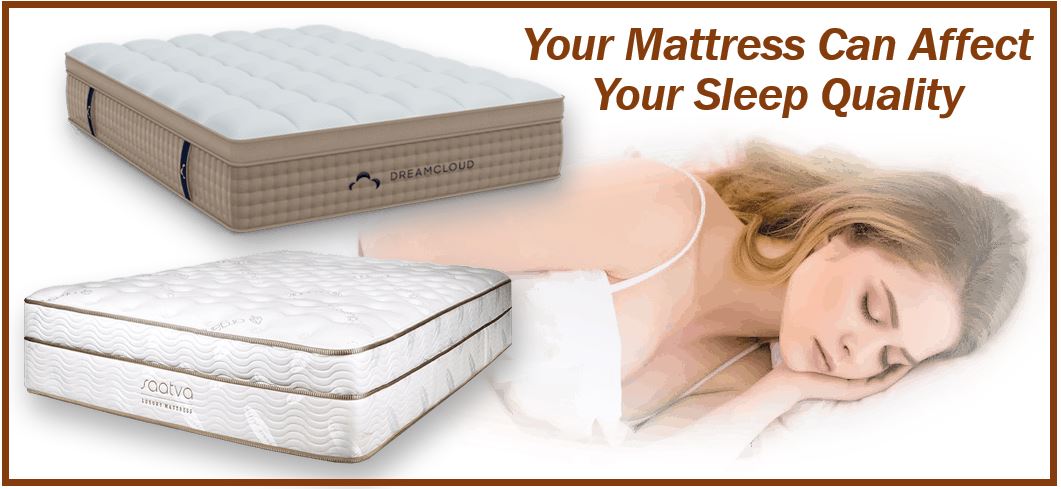
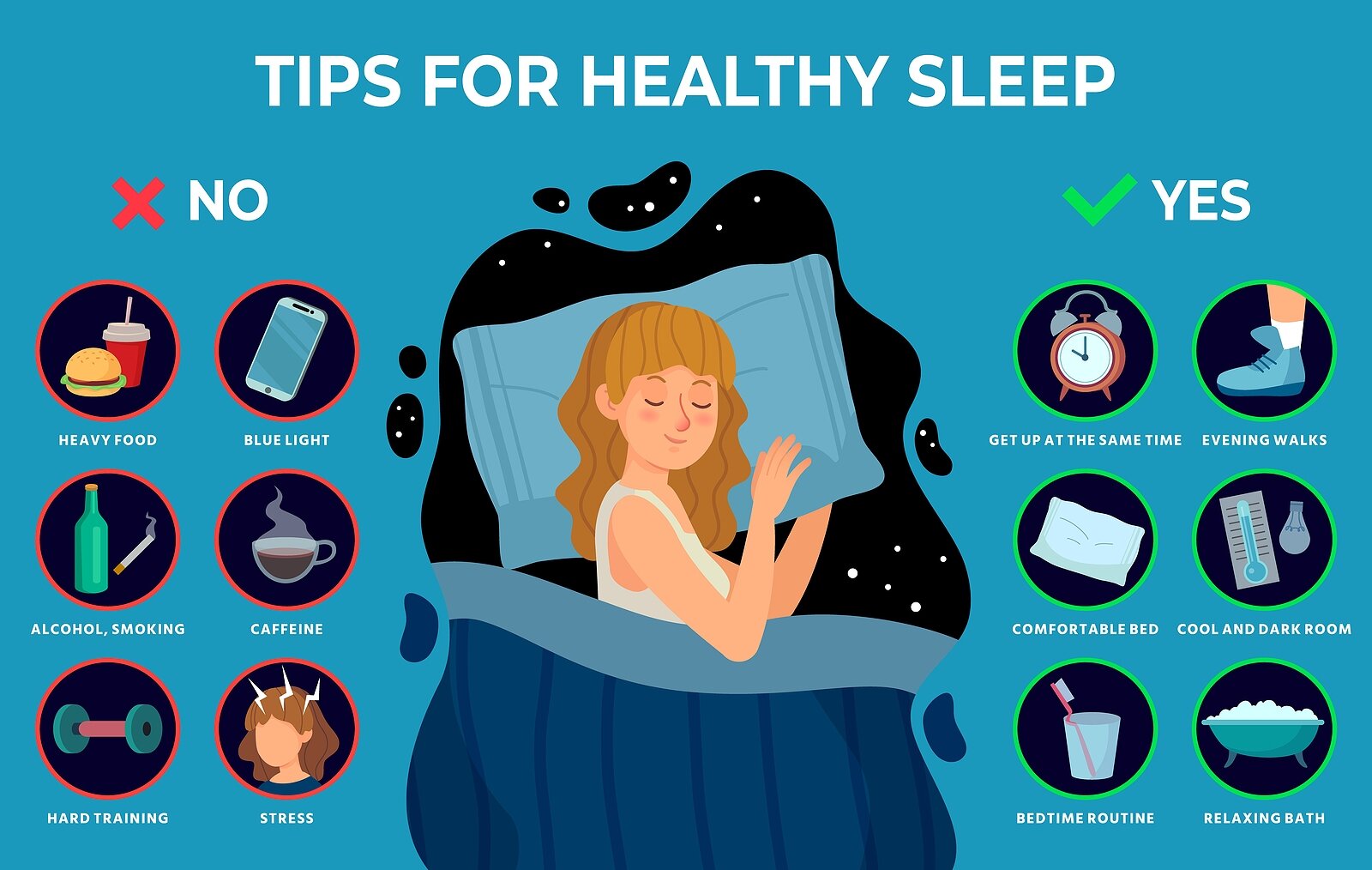




























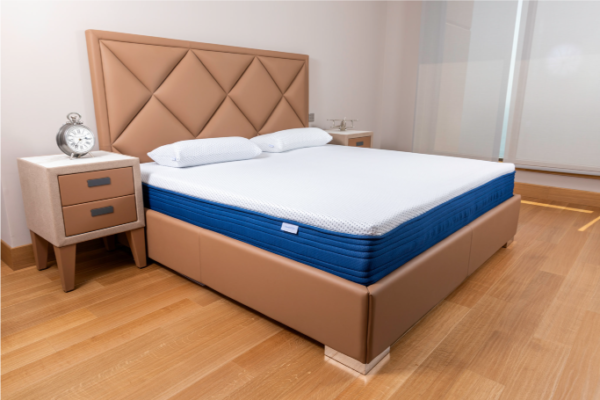
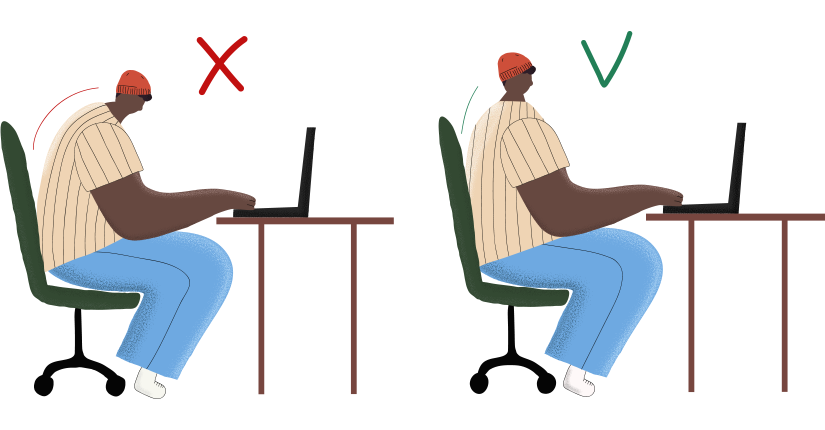










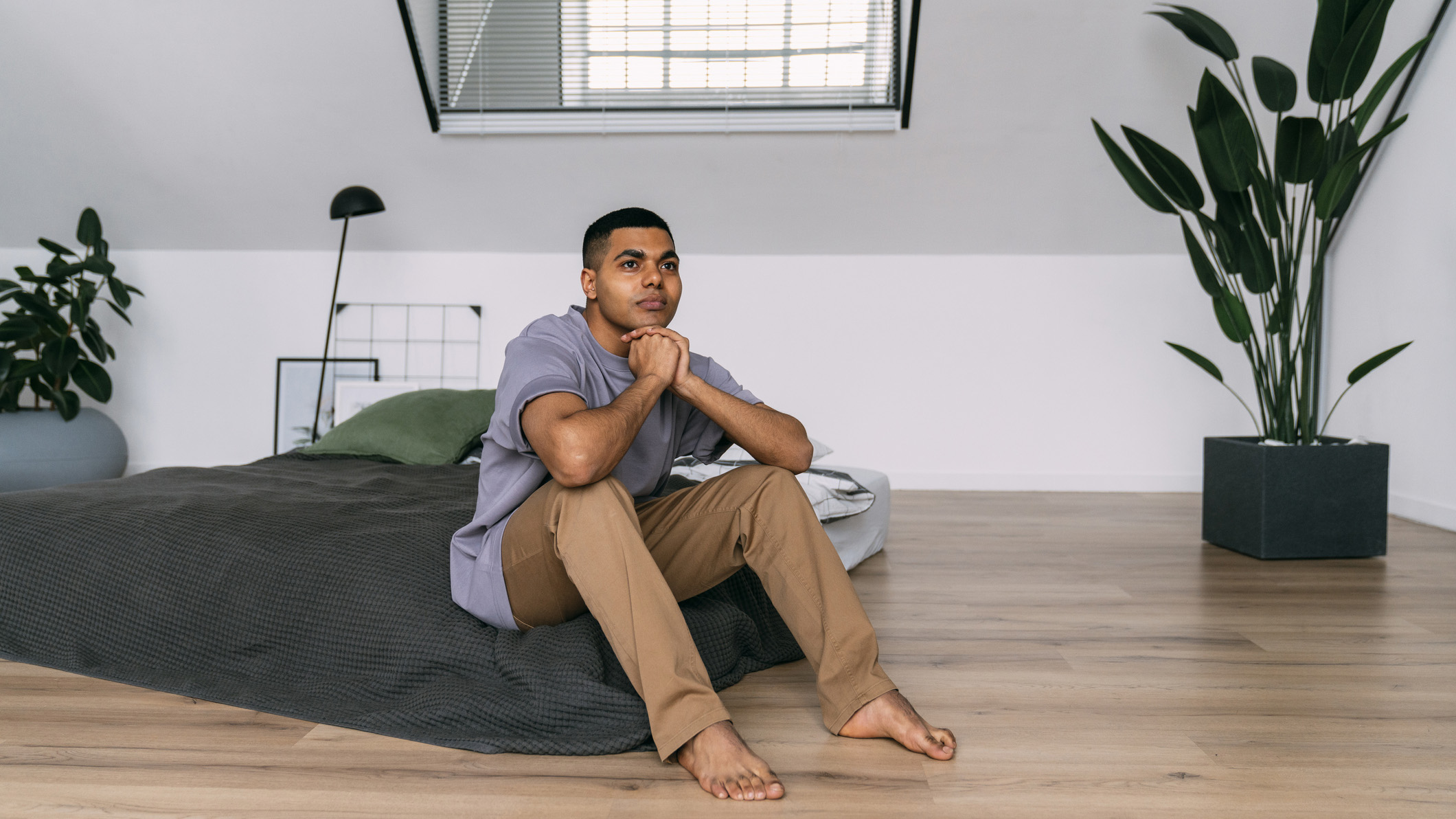



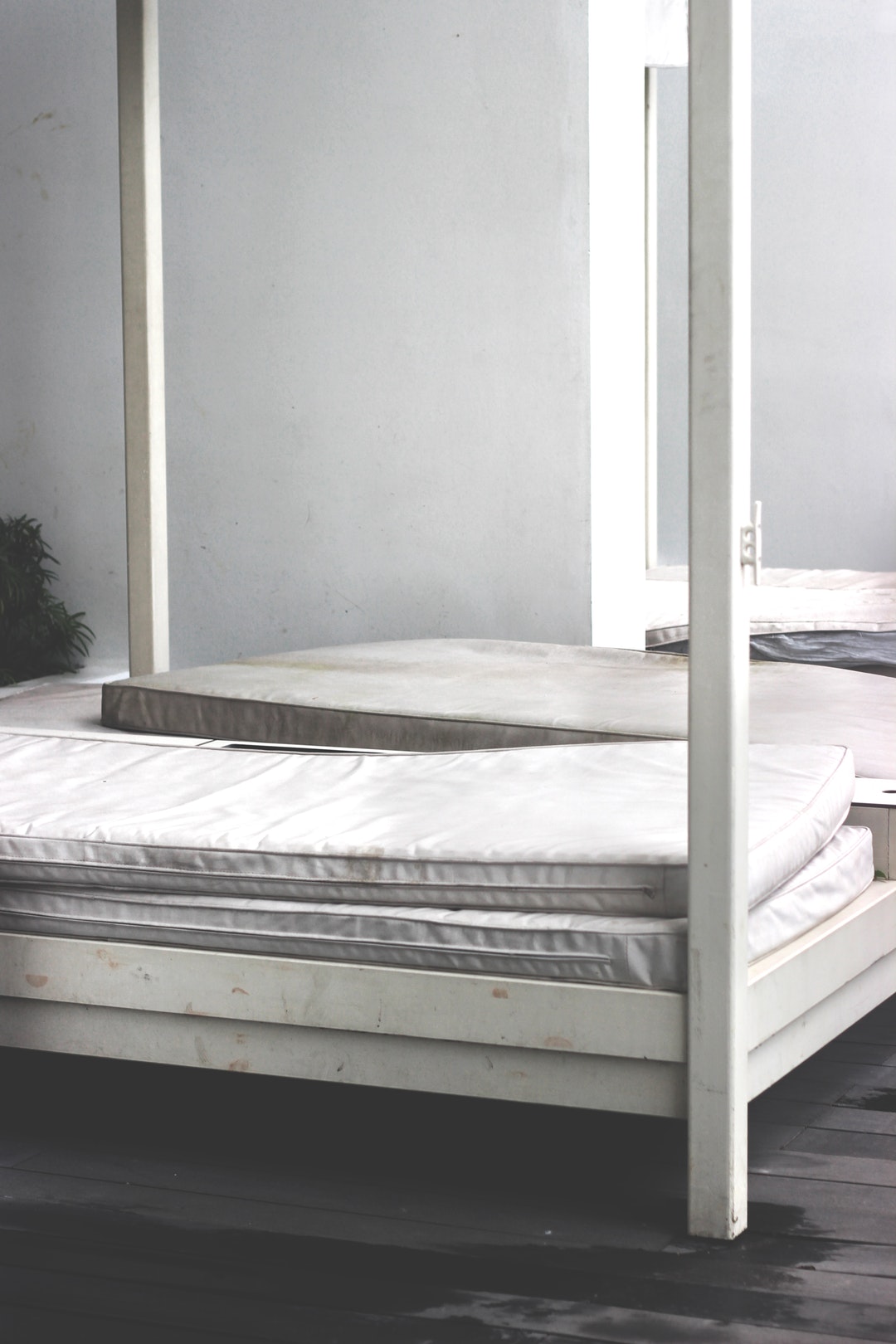
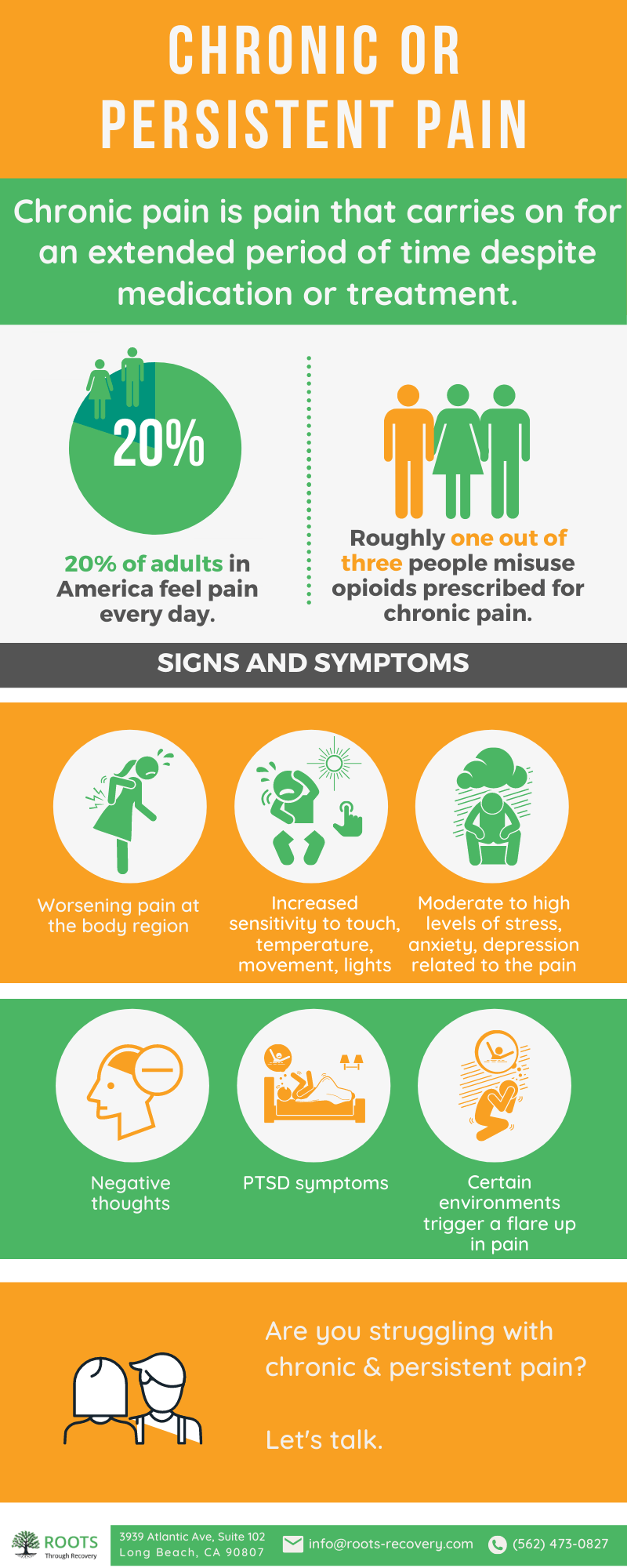










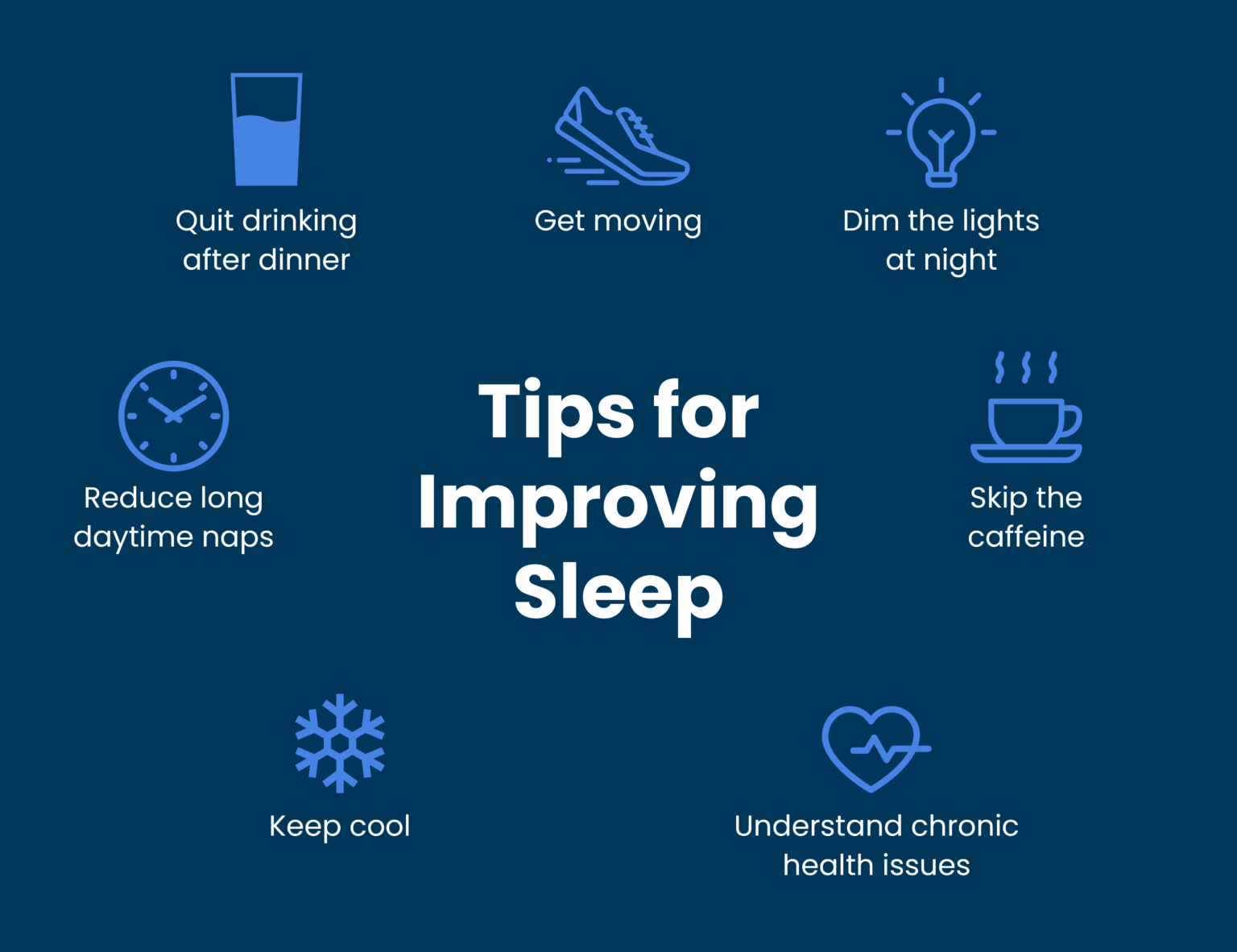
:max_bytes(150000):strip_icc()/how-to-get-better-sleep-5094084-regular-FINAL-2c371001cada4ad391f6de53fc6053c9.png)






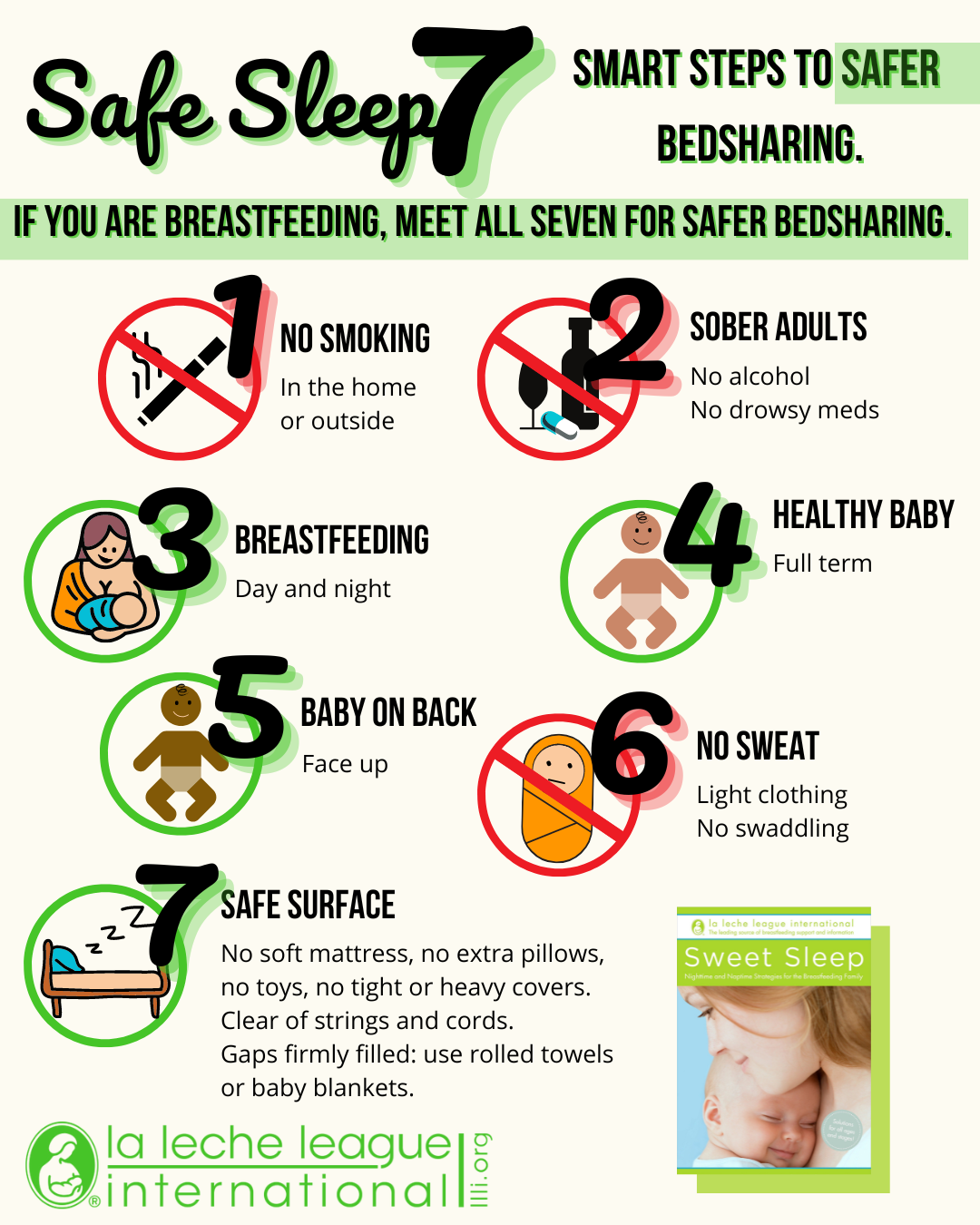








:max_bytes(150000):strip_icc()/reasons-for-poor-sleep-quality-45881701-52c54387761c4baa9f702e8a5f86b9a7.gif)




